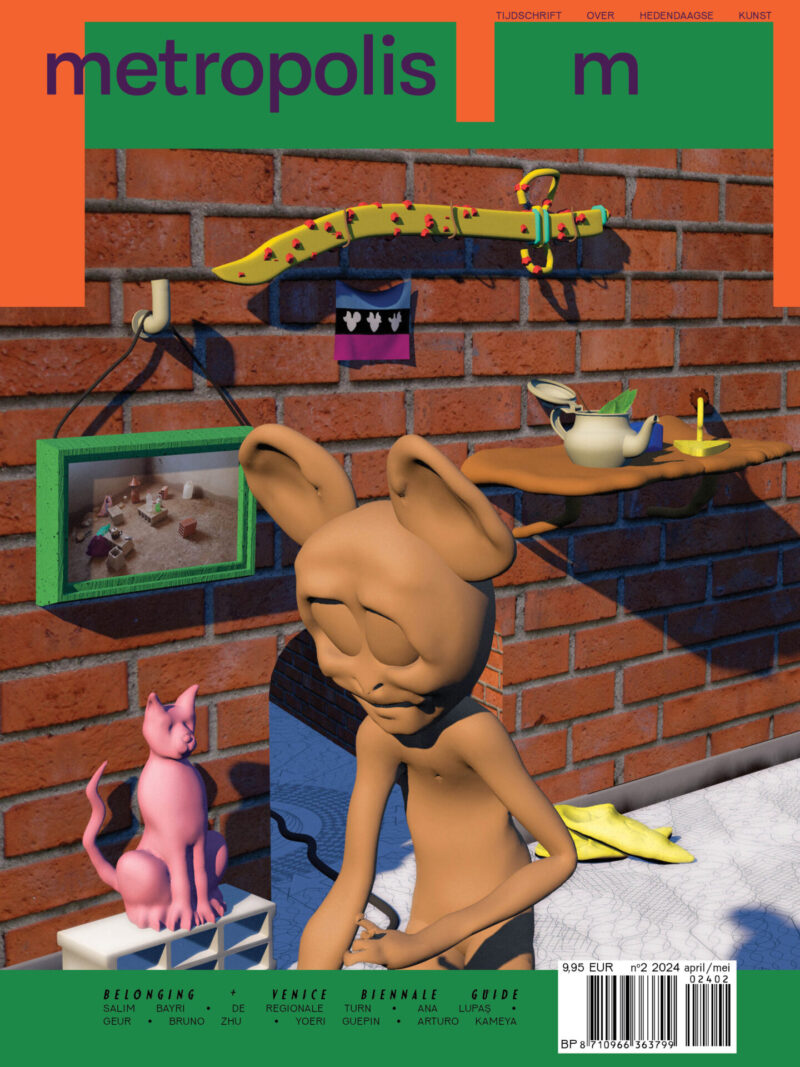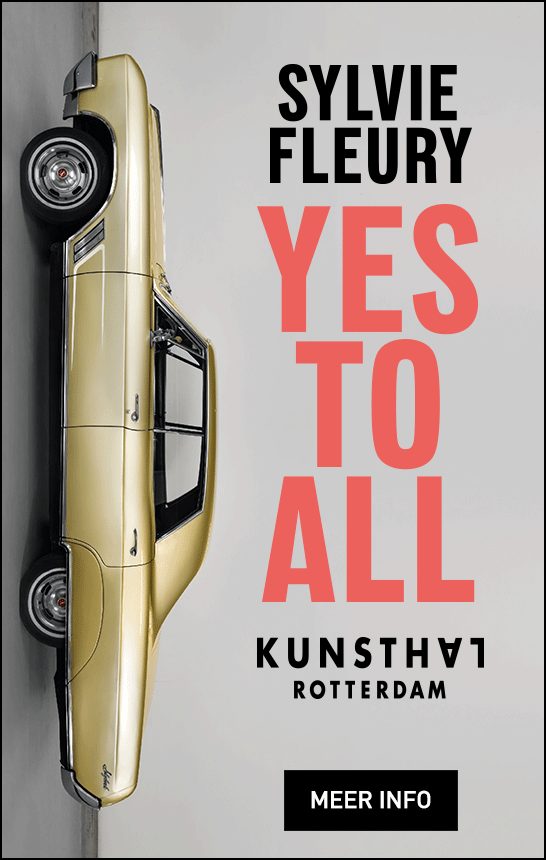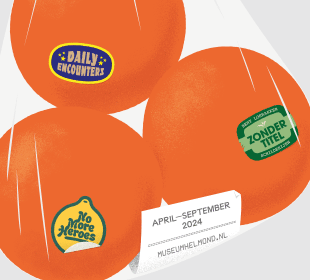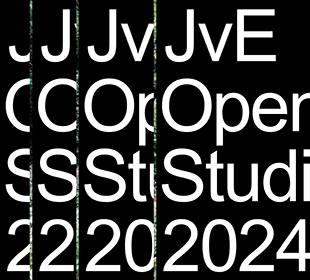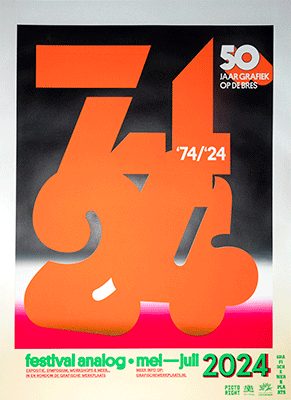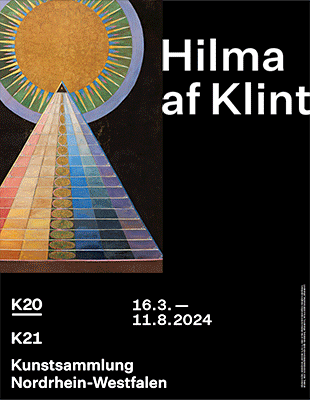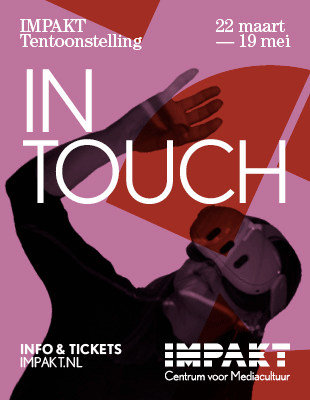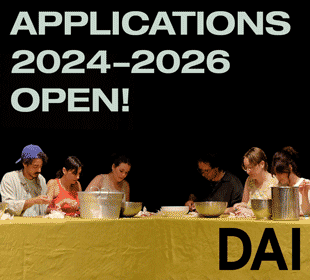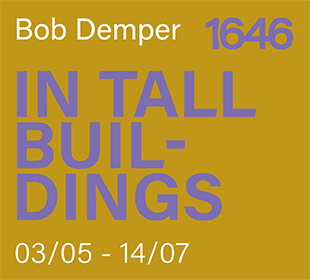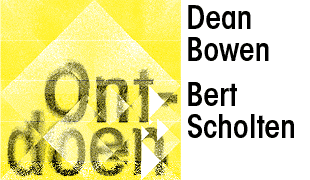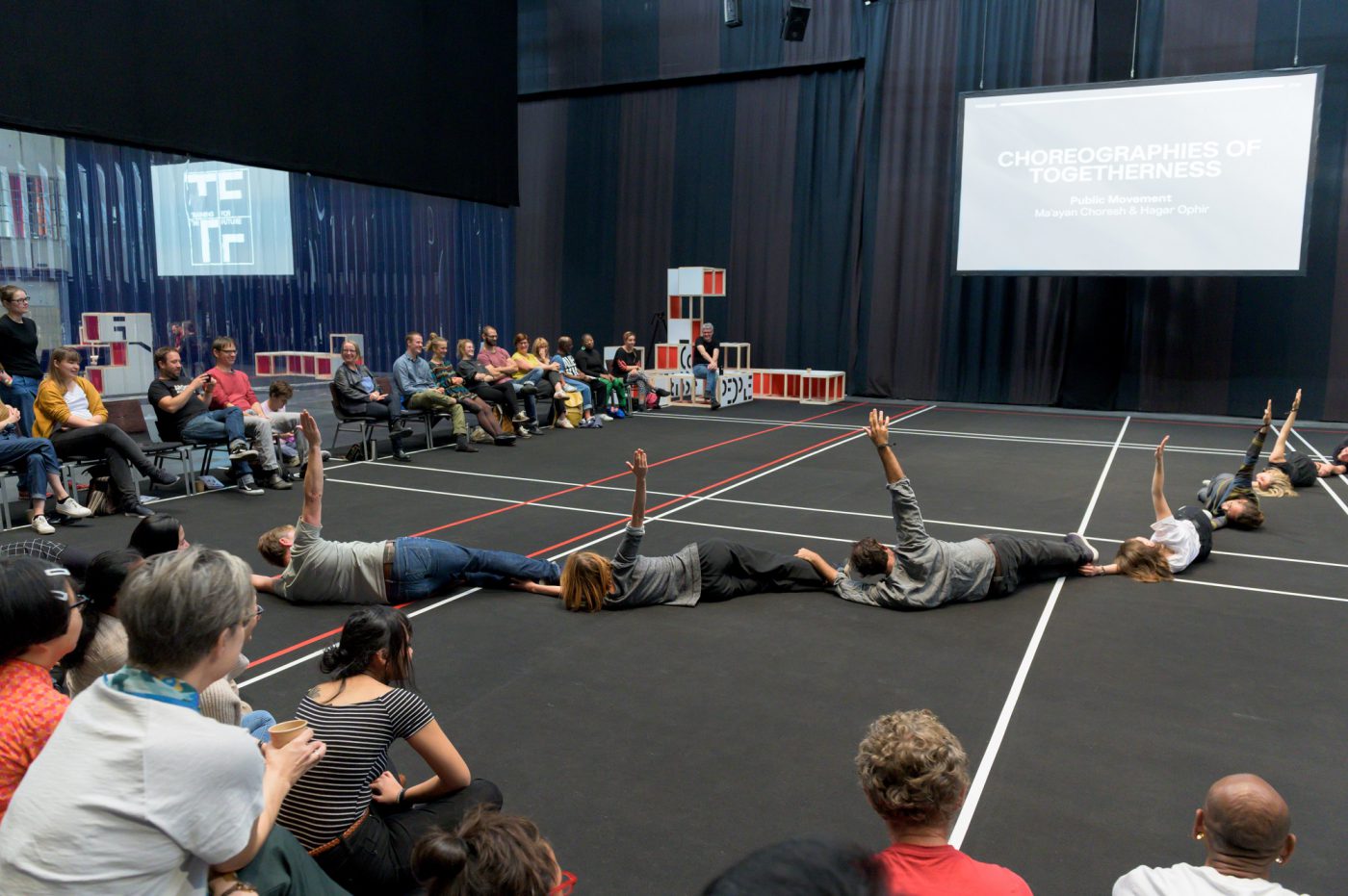
Training Choreographies of Togetherness by Public Movement (Ma’ayan Choresh and Hagar Ophir), produced by Ruhrtriennale. Training for the Future, 2019, Jonas Staal, curated and co-programmed by Florian Malzacher Photo: Ruben Hamelink
Choreographies of Togetherness – 3-days of Training for The Future at the Ruhr Triennale
Jonas Staal and Florian Malzacher organised a camp during the Ruhr Trienniale. The camp trains the participants for the future to come. Viviana Checchia reports on the different types of trainings on offer.
What does it mean when an event at a Trienniale Arts Festival runs for participants only, with no audience, spectators or viewers? And what would it mean to set up a ‘Training Camp’ for artists and activists there? What kind of atmosphere ought one to expect and how would it work? Dutch artist Jonas Staal and German curator Florian Malzacher did just that – setting up the ‘Training for the Future’ camp. They were full and intense days in Bochum during the Ruhr Trienniale from 20 to 22 September. The participants came from all four corners of the globe, but what could I, an Italian curator working in Scotland, expect to find out as I looked – and practised – into the future with Staal and Malzacher?
When I first moved to Glasgow in 2015 I found a different cultural ecosystem: healthier and more dynamic than the one I had left in Italy. Although different, the art system in Italy was, just as in Glasgow, dependent upon governmental funding. Having investigated for years the effect of the European Regional Development Fund on various areas of the Mediterranean, I could predict what was to happen in Glasgow in terms of a steady decrease in arts funding.
At the Centre for Contemporary Arts (CCA) where I work as a curator, we were often in discussion about institutional changes. At that time, I insisted, more than once, that part of the answer is to bring art and society together. I felt I already knew how the trajectory would develop. One of my colleagues was rather suspicious, not really willing to accept my ‘pessimistic’ scenarios. She kept asking ‘how can you be so certain’ and I once quite triumphantly replied: ‘because I come from the future’. Of course, she didn’t really appreciate that facetious reply! But I still believe that it is to some extent true, though probably it might have been better if I had said something like: ‘because I live in a parallel present’.
The future, as Marc Auge explains in his amazing book entitled, boldly, The Future, is not a remote concept, or part of a different temporality; it is part of our present. We are shaping it as we live: we live in the future. ‘Training for the Future’ becomes, then, fundamental: it is a way not to procrastinate in our engagement with the imminent future, on other words our present, but rather to embrace it and get ready for it as a healthy daily routine.
Every morning you reassess your position in the world, through your body, your voice, your breathing. You start to analyze what will make a different present. You test a few methods and check how applicable they are in your life, actively.
This is what we did in Bochum. We trained in the present for the future. Every morning we would start the day with Ma’ayan Choresh & Hagar Ophir (Public Movement). They would take us through ‘Choreographies of Togetherness’. We were all invited to analyse, question, propose and test movements together, connected with our own experience or imaginary of surveillance, protection and conflict.
[blockquote]We were all invited to analyse, question, propose and test movements together, connected with our own experience or imaginary of surveillance, protection and conflict
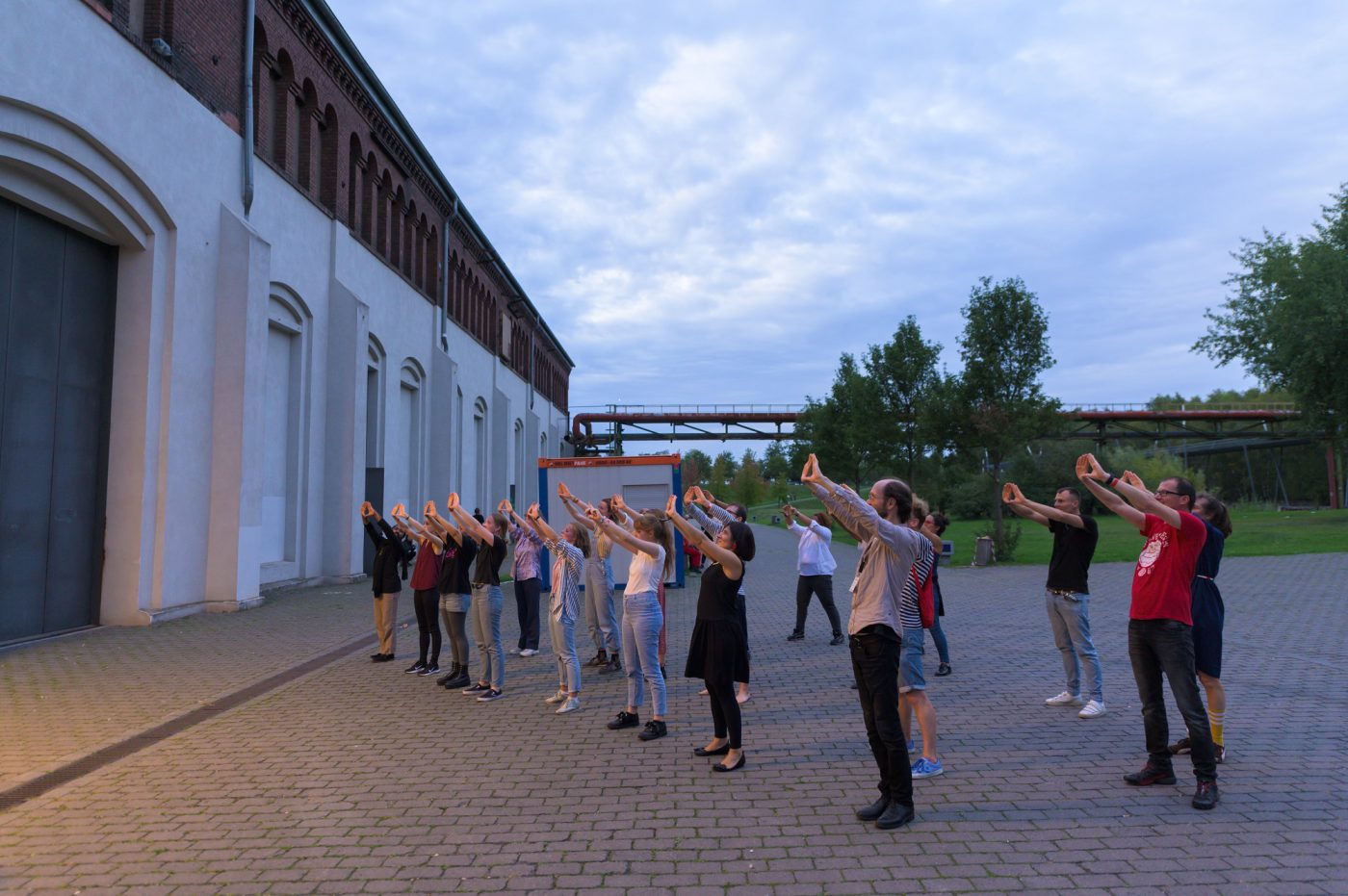
Training Beyond Welcome – Agitprop for the Future by Arrivati (La Toya Manly-Spain & Asuquo Udo) and Schwabinggrad Ballett (Nikola Duric & Liz Rech) Produced by Ruhrtriennale. Training for the Future, 2019, Jonas Staal, curated and co-programmed by Florian Malzacher Photo: Ruben Hamelink
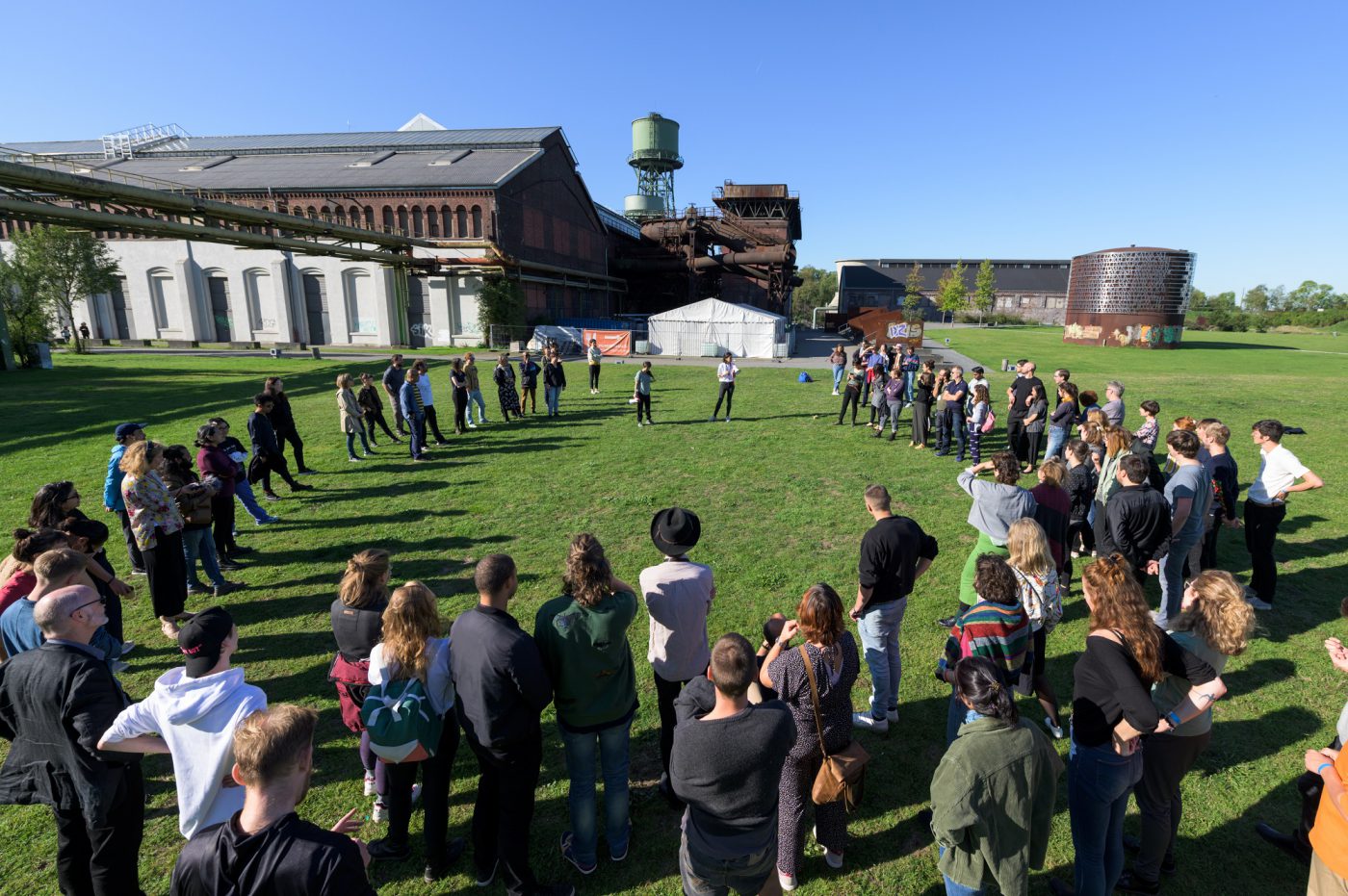
Training Choreographies of Togetherness by Public Movement (Ma’ayan Choresh and Hagar Ophir), produced by Ruhrtriennale. Training for the Future, 2019, Jonas Staal, curated and co-programmed by Florian Malzacher Photo: Ruben Hamelink
These trainings were a way to strengthen group bonding and, at times, reveal some critical and delicate discomfort. Once the morning training sessions were over the participants would split in two groups and focus on specific trainings for the future which would then be shared at the end of the day.
The first training I attended was ‘Communalizing Data’ by Manuel Beltrán and Wael Eskandar from the Institute of Human Obsolescence. Beltrán and Eskandar led us through a beautiful trajectory of case studies and anecdotes to illustrate a very interesting thesis: the most important economy of our times is data mining.
Every moment we spend in front of our devices, every experience we encounter in the digital world, even the less obvious, our human response is converted and utilised for future robotic training. Have you ever encountered those catchas that appear while you are trying to buy a ticket for a rock concert? They are served to you under the gentle veneer of data protection, making sure it is really you buying the ticket and not some weird programme operating remotely, abusing your data. Have you ever thought about the content of those catchas? They ask you to identify traffic lights, bridges, houses. Those are exercises of recognisability that are very useful to accumulate data recognition for future driverless cars. So, even when you are thinking you and your data are being protected by the system, you are actually unwittingly providing useful data to our digitally-dependent corporations – and for free!
The first day included a little exception: instead of breaking for lunch and then reconvening for a group workshop, we closed the morning session early and went to join the FridaysForFuture demonstration in the centre of town. Taking part in the demo was exciting though it also meant we did not have sufficient time to reach substantial conclusions for the first part of the day, beyond the significance of the demo itself that is.
The afternoon sessions were opened by Maya Felixbrodt, Germaine Sijstermans and Samuel Vriezen from Multitudes of Listeners. What was being trained in these sessions was our voice. Over the three days we exercised how to question, how to state concepts, and how to harmonize our speech. It was an efficient warm up for the rest of the afternoon to come.
These trainings were a way to strengthen group bonding and, at times, reveal some critical and delicate discomfort

Training Beyond Welcome – Agitprop for the Future by Arrivati (La Toya Manly-Spain & Asuquo Udo) and Schwabinggrad Ballett (Nikola Duric & Liz Rech), produced by Ruhrtriennale. Training for the Future, 2019, Jonas Staal, curated and co-programmed by Florian Malzacher Photo: Ruben Hamelink
One of the strongest experiences provided during the afternoon training of the first day, which stayed vividly with us for the rest of the sessions to come, was the encounter with the Army of Love. With them we learned how to love not as a result of physical desire and attraction, but as an operation we impose on our soul. We exercised how to fall in love and how to touch the heart with grace.
This first day created good ground for the second and third day of training. Tahir Della, from ISD Initiative Schwarzer Menschen in Deutschland, and Lucía Muriel, from glokal e.V., took us through a series of exercises on how to start decolonizing society. We were provided with references and asked to attribute to them a date, a place, a possible author and their gender. Obviously lots of surprising results were shown to us: the eurocentric timeline is not as progressive as it wants us to believe it is!
Fiction had a part to play in the training as well. With Klaas Kuitenbrouwer & Sjef van Gaalen we trained in Extraterritorial Zoonomy: we imagined our life in 2050 while living on a floating platform in the middle of the ocean in harmony with plants and animals.
The third day was much more politicised, maybe an attempt to invite us to leave the training ready for proper action. With Lorenzo Marsili from the School of Transnational Activism and Martin Pairet from European Alternatives we focused on Transnational Campaigning. We questioned the validity of the nation-state European structure while at the same time considering the possibility for transnational movements as the dynamic for the future. With Arrivati (La Toya Manly-Spain and Asuquo Udo) and Schwabinggrad Ballett (Nikola Duric and Liz Rech) we learned how to protest through singing and dancing. Or in other words, how aesthetics can become an agent of confusion within political protests.
What we have all learned through Training for the Future is difficult to summarise and put into words but could be passed on very easily, I believe. Thanks to Jonas Staal and Florian Malzacher, the curators of this TFTF, we are ready for more training and ready to train others.
‘Training for the Future’ took place from 20.9.2019 until 22.9.2019 in Bochum during the Ruhr Triennale
Viviana Checchia
is curator